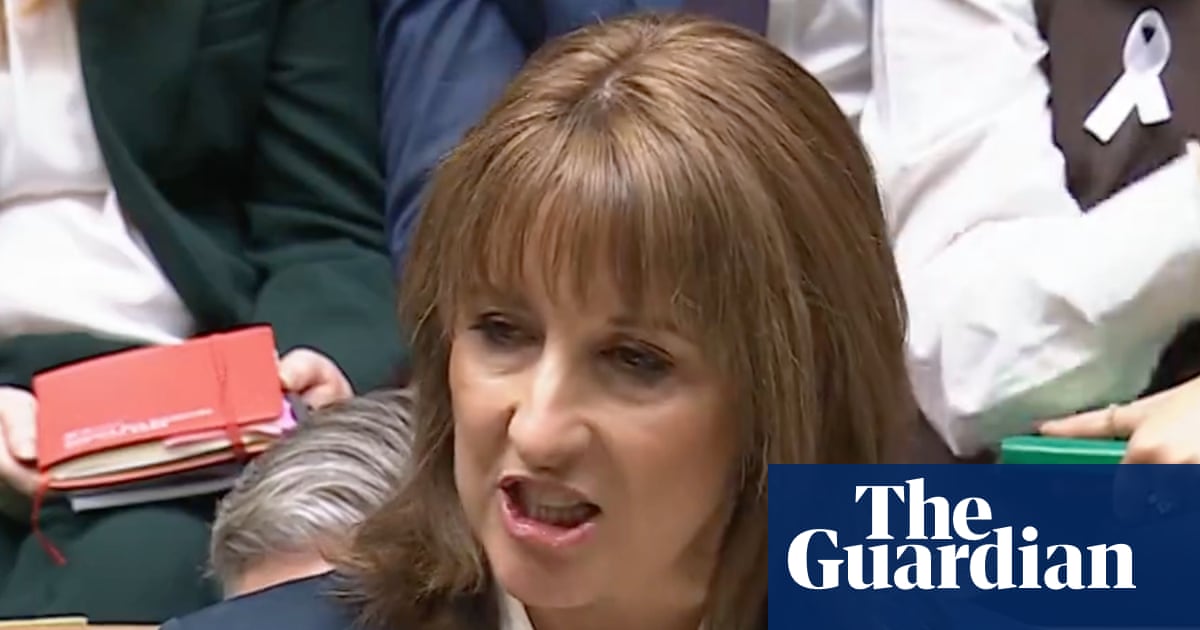
"For a Labour voter who nodded off at the moment of the exit poll for last year's general election, and woke up blinking in Wednesday's wintry sunshine 16 months later, Rachel Reeves's budget would have kindled a warm glow. A mansion tax of sorts; the end of the two-child limit on benefits; more money for the NHS, and jam today for households via cheaper utility bills."
"However, the reality of the road to this tax-and-spend Labour budget is one that has been paved with missteps and U-turns, played out against the backdrop of skittish bond markets, plunging polls and leadership plotting. The winter fuel allowance was slashed and then restored; 5bn of welfare cuts were floated and then ditched; and a plethora of pitches were rolled in the longest budget lead-up anyone can remember."
"The impetus for Reeves's latest round of tax rises, totalling 26bn after her historic 40bn tax-raising maiden budget last year came from a summer rethink by the OBR, which has consistently overestimated the UK's productivity since the great financial crash of 2008. Receipts graphic As expected, Richard Hughes and his crew of number crunchers blamed Brexit, Covid, and stop-go government investment for the consistent weakness of productivity: the secret sauce of economic growth."
Rachel Reeves's budget proposes a mansion-style tax, ends the two-child benefit limit, increases NHS funding, and reduces household energy costs. Revenue-raising measures total about £26bn on top of a £40bn set of tax rises from last year. The policy rollout involved multiple U-turns and missteps, including a cut-and-restore winter fuel allowance and floated then abandoned welfare reductions, amid skittish bond markets, slipping polls and leadership unrest. The Office for Budget Responsibility revised down productivity forecasts after a summer rethink, blaming Brexit, Covid and stop-go investment. That downgrade was partly offset by stronger wages and inflation, limiting the fiscal hit to £5.5bn. OBR details were published early, and Reeves faced criticism for briefings to the press.
Read at www.theguardian.com
Unable to calculate read time
Collection
[
|
...
]